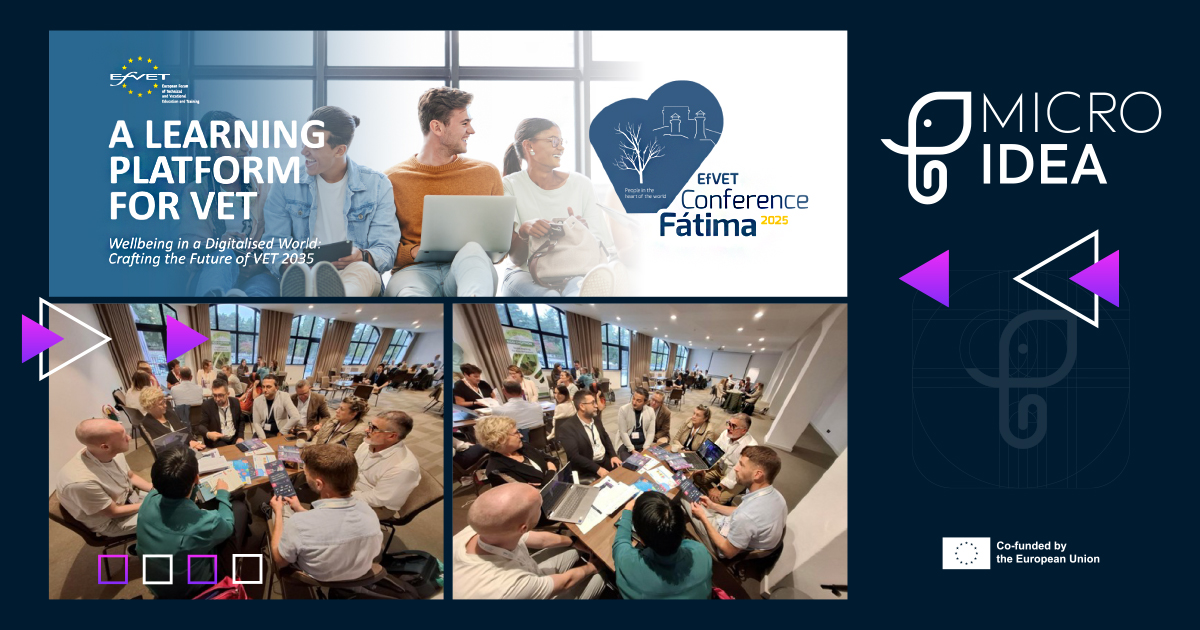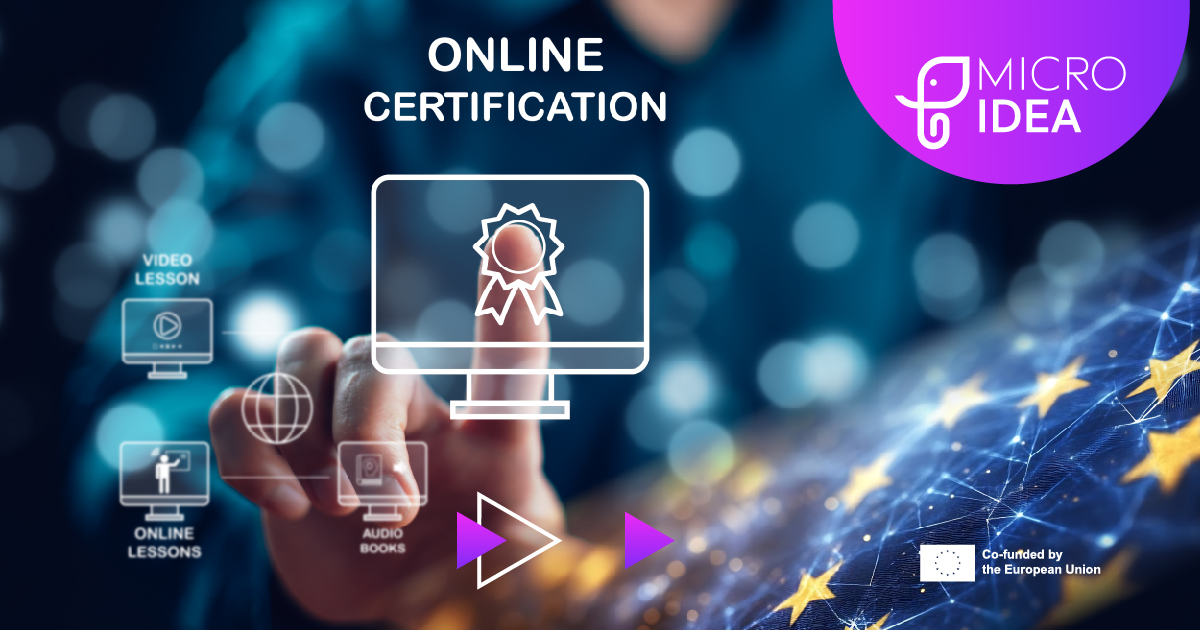When discussing about Microcredentials, the main challenge for all interested parties seems to be the alignment between workforce skills and labour market demand. The transition to a more digitalized, green and innovating industry requires a skills’ reengineering for all economic sectors. Microcredentials provide the most efficient way to objectively recognize and certify specific skills, abilities and knowledge. In order to be globally accepted and recognized, Microcredentials shall be flexible, comparable across different sectors and countries, easily understandable, and, most of all, supported by an impartial and fair quality assurance system. This is the role of the International Standard ISO/IEC 17024.
ISO/IEC 17024 defines the requirements for Persons’ Certification Bodies, in order for them to provide fair, consistent, impartial and objective services. Using ISO/IEC 17024 to certify Microcredentials brings added value through the enhancement of the credibility of the assessment method, which eventually increases the mutual trust among learners/employees, employers, education providers and interested parties. Within the context of the European Union’s commitment to lifelong learning and employability, the integration of ISO/IEC 17024 requirements into Microcredentials assessment provides a clear pathway to connect learning outcomes with existing market needs.
A Certification Scheme according to ISO/IEC 17024 ensures an impartial, standardized and continuously up-to-date assessment, using clearly defined competence criteria, with multiple advantages for all interested parties. Employers reviewing ISO/IEC 17024 Certificates have confidence that the certified persons have really the skills for specific roles, while learners/ employees obtain an objective recognition of what they can actually do, regardless of how or where they acquired their competences. Education and Training Providers can align the learning outcomes of their offered programs with a standardized certification context, thus improving their quality in general.
By bridging the gap between available skills and labour market demand, ISO/IEC 17024 supports employability, organizational competitiveness and regional economic growth and encourages cooperation between all interested parties. It increases confidence and trust in the recognition of skills, no matter which the learner’s background or the training context is, promoting both the concepts of portability and stackability. Moreover, this contributes to a more inclusive and adaptive European labour market, where continuous upskilling and reskilling are part of a valid and reliable process.
The Certification of Microcredentials according to ISO/IEC 17024 is an important step toward a competence-based, quality-assured lifelong learning, which encourages cooperation between all interested parties (regional and national authorities, social partners, labour market stakeholders). In this way it strengthens the link between learning outcomes and occupational standards, ensuring that available skills truly meet the needs of existing and future economy.



















